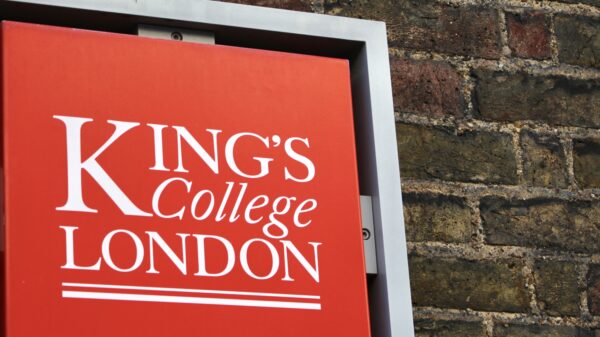Staff Writer Advay Jain writes about a joint study between King’s College London (KCL) and University College London (UCL) into vape packaging.
A joint study by KCL and UCL has found that plain vape packaging and simpler flavour names make vapes less appealing to young people, without discouraging adults who smoke from using them to quit.
The study comes as the UK government considers stricter regulation of vape packaging under the Tobacco and Vapes Bill 2024. The study included 6,700 participants, comprising 2,800 youth and 4,900 adults.
The subjects were randomly shown one of four types of packaging: the usual branded pack, a plain pack with the flavour name (e.g. “Blu Razz”), a plain pack with a simpler name (e.g. “Blueberry”) and a plain pack with a code designed for adults only. The goal was to measure people’s interest in trying the vapes.
The results showed that 32% of youth said peers would not be interested in plain-packaged vapes with usual flavour names, compared with 24% for branded packs. Using simple flavour labels instead of flashy labels kept disinterest high at 28%.
For adults, the packaging condition did not have a significant effect on relative harm perceptions. However, they did report higher odds of disinterest in using packaging with coded flavour labels at 76%.
These changes could make a real difference.
“Our findings suggest that a policy to standardise packaging could reduce youth and non-smoking adults’ interest in trying vaping products, without dissuading adults who smoke from trying them or inflating misperceptions of harm,” the paper states.
Youth vaping has increased from 14% in 2023 to 21% in 2025, a sharp rise that researchers warn could normalise nicotine use for a new generation.
















